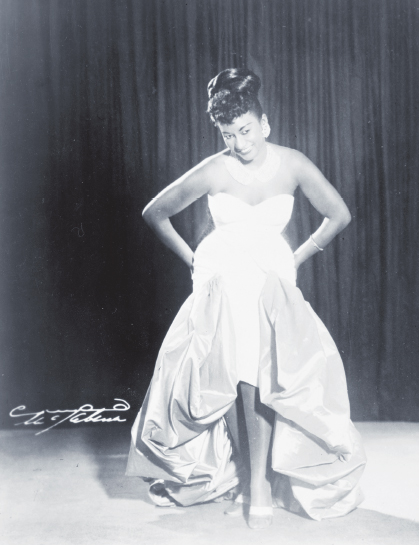

Cuban-born singer Celia Cruz records her first songs in Venezuela; she is considered the undisputed queen of salsa music. Posthumously, she will be awarded the Congressional Gold Medal; she is the first Hispanic woman to receive it.
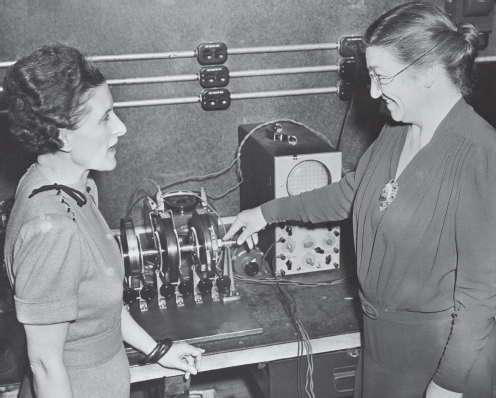
Edith Clarke (right) is one of the first three women fellows of the American Institute of Electrical Engineers. During her accomplished career, she publishes what becomes the standard textbook for circuit analysis calculations and patents a method for regulating transmission line voltage.
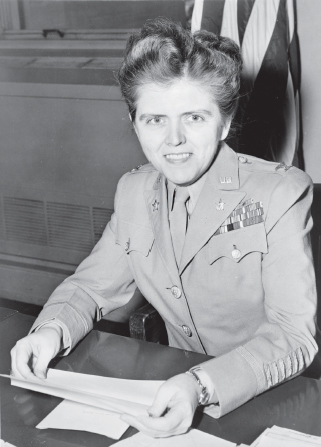
Mary Agnes Hallaren is the first nonmedical woman to be a regular army officer. At this time, women serve in a separate unit, the Women’s Army Corps. Hallaren is part of the effort to combine military men and women into one organization.
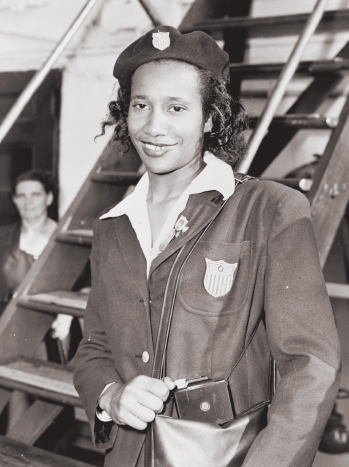
High jumper Alice Coachman becomes the first black woman to win an Olympic gold medal.

Stella Adler teaches the principles of acting, character, and script analysis and is the leading American proponent of Method acting.
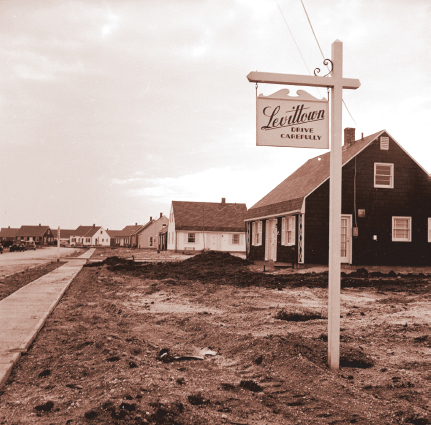
While suburbs existed before World War II, after the war a massive population shift begins to suburbs that are dependent on automobiles for transportation. This deeply affects the lives of many women (primarily middle-class whites) who stay home to raise their children and spend much of their time chauffeuring them from activity to activity.
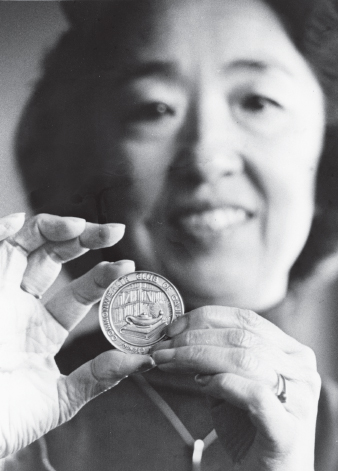
Yoshiko Uchida publishes the first of her twenty-eight books for children: The Dancing Kettle and Other Japanese Folk Tales.
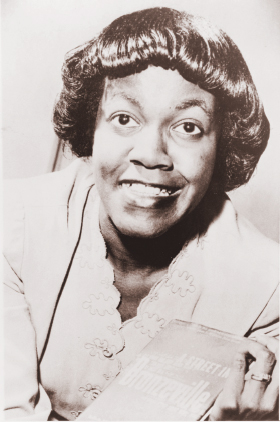
Gwendolyn Brooks publishes a collection of verse, Annie Allen, for which she will become the first black poet to win the Pulitzer Prize.